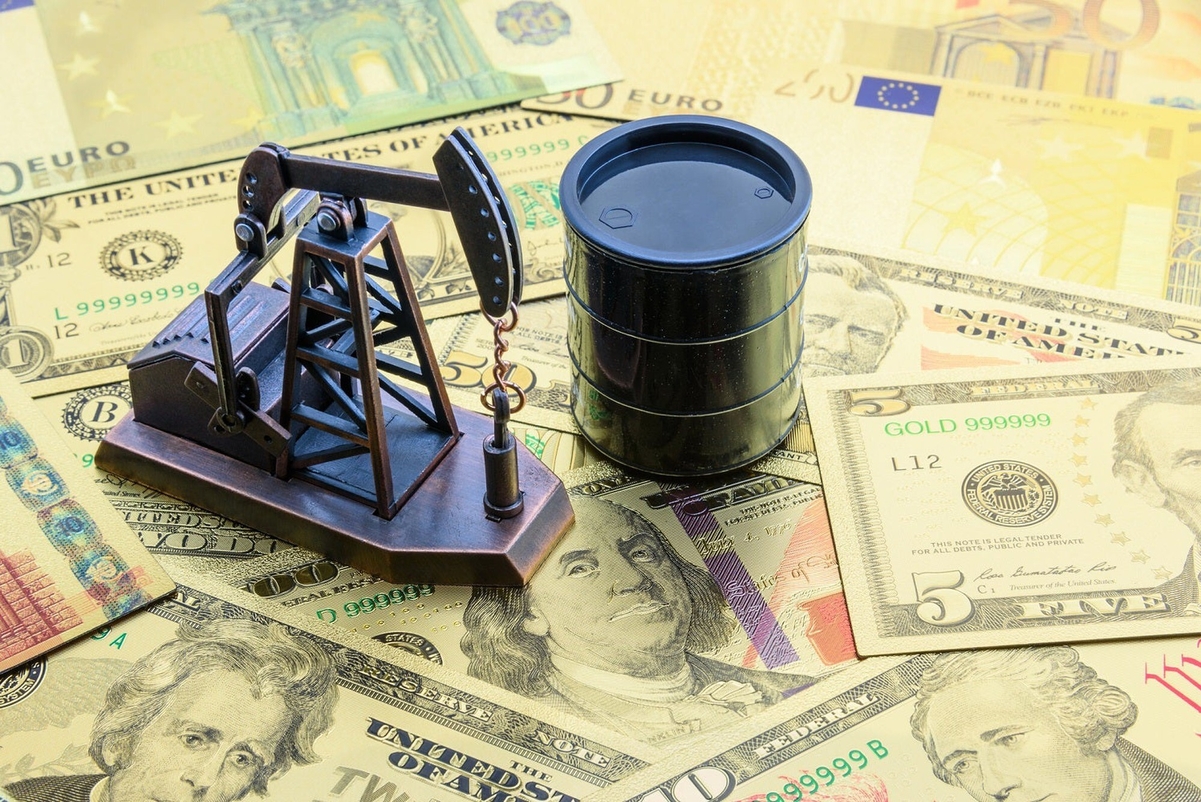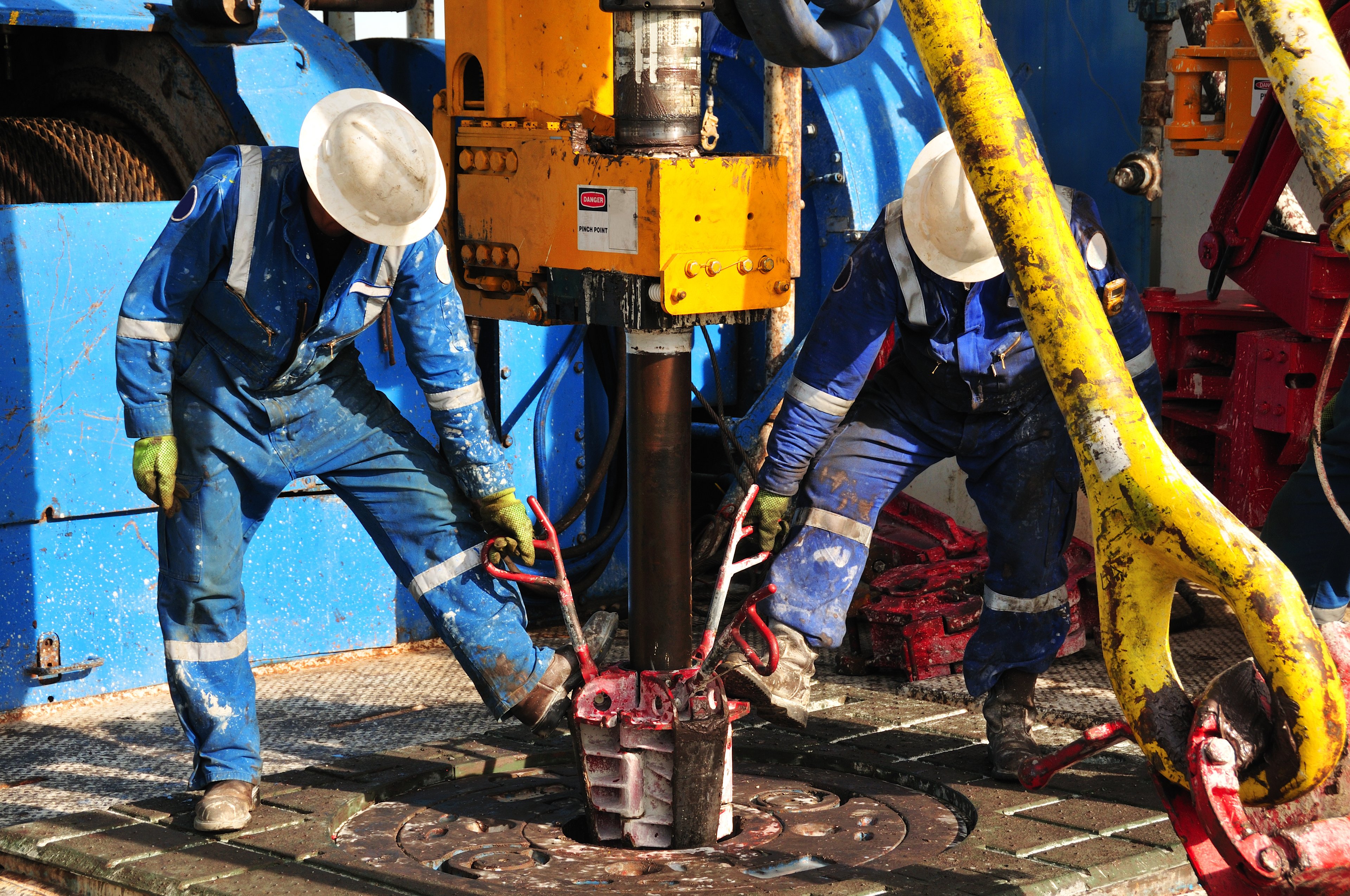What happened
Shares of Devon Energy (DVN 0.52%) slumped 14.7% in February, according to data provided by S&P Global Market Intelligence. The oil stock fell due to lower oil prices and the company's fourth-quarter results.
So what
Oil prices slipped a bit last month. The U.S. oil price benchmark, West Texas Intermediate (WTI), dropped 2.3% in February, closing around $77 a barrel. Warmer winter weather cooled off oil prices last month by impacting demand for home heating fuels. Lower oil prices affect the cash flows of producers like Devon Energy.

NYSE: DVN
Key Data Points
The company also felt the pinch of lower oil prices last quarter. It realized $77.44 per barrel in the period, its lowest level of the year and down significantly from the peak of $95.80 per barrel in the second quarter.
As a result, Devon's free cash flow has steadily declined. After producing a record $2.1 billion in the second quarter, its free cash flow fell to $1.1 billion in Q4. That has impacted the company's dividend payments due to its variable payout policy:

Data source: Devon Energy. Chart by the author.
That falling dividend has put some downward pressure on Devon's stock price.
Devon's free cash flow could decline further this year because of lower oil prices and the company's decision to increase its capital spending due to inflation and acquisitions. Devon expects its total capital spend to be between $3.6 billion and $3.8 billion. That's up significantly from the $2.5 billion spent last year and more than the $3.4 billion in expenditures analysts had expected. The increased capital spending will impact free cash flow, giving it less money to pay dividends and repurchase its shares.
Now what
Lower oil prices have put pressure on Devon's stock: Shares are now 27% below their peak. As a result, the company trades at a cheap valuation based on the cash flows it can produce with oil at around $80 a barrel this year. On a more positive note, its share repurchases are more impactful since it can buy more shares at a lower price.
Meanwhile, several catalysts could push oil prices higher in the second half of this year. That would enable Devon Energy to produce more free cash flow than expected, giving it additional money to pay dividends and buy back its beaten-down shares. These factors make the stock look attractive these days, especially for investors seeking an oil-fueled income stream with upside potential.





